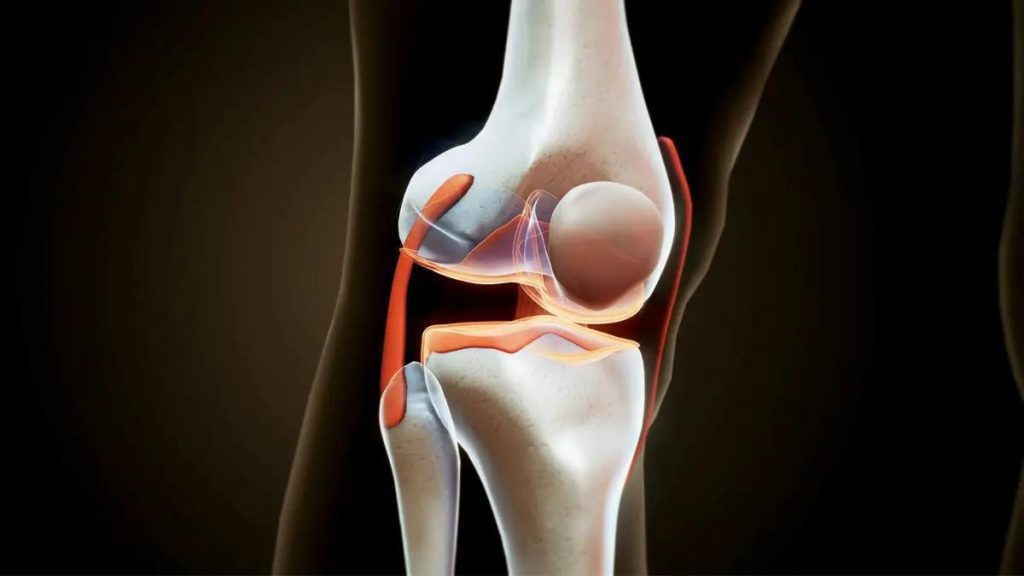A recent Japanese study finds that depression may affect the heart health of women more significantly than that of men. Experts recommend steps women should take to mitigate their risk.
- Women with depression have a higher risk of heart disease compared to men.
- The reasons for this are not completely understood, but hormonal changes unique to women, like those during pregnancy and menopause, may play a role.
- Regular exercise, a heart-healthy diet, and avoiding smoking can help reduce the risk of heart disease.
Table of Contents
The Link Between Depression and Heart Disease
While both men and women with depression face an increased risk of heart disease, the risk is significantly higher in women, according to a study published in JACC: Asia. Women with a history of depression were found to be more likely to experience heart attacks, strokes, heart failure, chest pain, and atrial fibrillation compared to men with a similar history.
Understanding the specific factors related to gender in the relationship between depression and cardiovascular outcomes could lead to targeted prevention strategies, noted Hidehiro Kaneko, MD, an assistant professor at the University of Tokyo, Japan.
Why Depression Affects Women’s Heart Health More
There are several theories as to why depression may impact women’s heart health more than men’s. One explanation is that women may experience more severe depression. Hormonal transitions unique to women, such as pregnancy, postpartum depression, perimenopause, and menopause, could also play a role. Behavioral differences, such as lower physical activity levels and more frequent doctor visits among women, may also contribute.
What Women Can Do
Women need to be vigilant about the risk factors for heart disease, with a particular emphasis on depression. Even though genetic inclinations towards depression are unalterable, there are several lifestyle changes women can implement to lower their risk. These modifications include enhancing exercise routines, opting for a diet that supports heart health, abstaining from smoking, and keeping an eye on cholesterol and blood pressure.
- Monitor Heart Disease Risks: Particularly recognize depression as a significant factor.
- Exercise More: Increase physical activity to improve heart health.
- Heart-Healthy Diet: Adopt dietary habits that are beneficial to heart health.
- Avoid Smoking: Eliminate tobacco use entirely.
- Manage Cholesterol & Blood Pressure: Regularly monitor and maintain healthy levels.
Women need to be mindful of heart disease risk factors, especially depression. They can lower their risk by focusing on changeable lifestyle factors: enhancing physical activity, eating a heart-healthy diet, quitting smoking, and controlling cholesterol and blood pressure levels.
Seeking Help
Women experiencing symptoms of depression or heart disease should seek medical attention. Symptoms of heart attack, such as chest discomfort, breathlessness, or discomfort in the upper back or shoulders, should not be ignored. Seeking treatment for depression is also important.
By being proactive about their heart health and seeking appropriate medical care, women can reduce their risk of heart disease and improve their overall well-being.
The Role of Depression in Women’s Heart Health
Depression appears to have a greater impact on women’s heart health compared to men’s. Evidence suggests that women with depression are at a higher relative risk of developing negative heart-related outcomes. However, the exact influence of sex differences on the relationship between depression and heart health remains unclear.
Study Findings
Recent research indicates a heightened risk of cardiovascular disease among individuals suffering from depression, with a notably higher incidence of heart disease observed in women as compared to men.
This study’s results were disclosed on March 12 in the journal JACC: Asia.
In an in-depth analysis of the relationship between depression and cardiovascular diseases, researchers utilized data from the JMDC Claims Database spanning the years 2005 to 2022. The investigation identified 4,125,720 qualified participants, with a median age of 44 years. Among these participants, 2,370,986 were male.
The findings reveal a significant disparity in risk between genders: men with depression exhibited a 39% increased risk of developing heart disease, while women with similar conditions faced a 64% elevated risk.
Dr. Allison Gaffey, an assistant professor of cardiovascular medicine at Yale School of Medicine, who was not a participant in the research, commented on the study’s significance: “This research provides valuable insights into the gender-specific correlations between depression and the risk of cardiovascular disease among a vast cohort of Japanese adults.”
Dr. Gaffey further emphasized, “The management of depression is crucial for the prevention of heart disease. These findings further substantiate the importance of addressing depression through appropriate screening, referrals, and treatments to mitigate the risk of heart disease in both men and women.”
Explaining the Gender Differences
Numerous elements may account for the more pronounced impact of depression on women’s cardiovascular health compared to men’s. It is posited that one rationale might be the severity of depression, which could be greater in women. Furthermore, women undergo hormonal changes that are exclusive to their sex, including pregnancy and menopause, which might also play a significant role. Additionally, lifestyle and behavioral variations, such as lower rates of physical activity and a higher frequency of healthcare consultations among women, could contribute to this disparity.
Conclusion
Women should pay close attention to their risk factors for heart disease, including depression. While biological predispositions to depression cannot be changed, women can focus on modifiable risk factors to reduce their risk of heart disease. Seeking medical attention for symptoms of depression or heart disease is crucial for managing these conditions and improving overall health outcomes.
FAQ
What factors contribute to women’s elevated risk of heart disease?
Several factors contribute to women’s higher susceptibility to heart disease, including hormonal changes, such as menopause, which can affect cholesterol levels, and conditions like polycystic ovary syndrome (PCOS), which may increase heart disease risk.
Can depression elevate the risk of heart disease?
Depression is linked to an increased risk of heart disease. The stress and inflammation associated with depression can negatively impact cardiovascular health, leading to a higher likelihood of developing heart disease.
Does experiencing depression heighten the risk of heart disease?
Yes, individuals with depression have a higher risk of heart disease. Depression can contribute to unhealthy lifestyle habits, such as poor diet and lack of exercise, which are risk factors for heart disease. Moreover, depression can directly impact the heart through increased inflammation and stress.
How can women reduce their risk of heart disease?
Women can reduce their risk of heart disease by maintaining a healthy lifestyle, including a balanced diet, regular physical activity, maintaining a healthy weight, managing stress, avoiding tobacco smoke, and getting regular check-ups to monitor their heart health.








Thanks for sharing. I read many of your blog posts, cool, your blog is very good.
Your point of view caught my eye and was very interesting. Thanks. I have a question for you.
Thank you for your sharing. I am worried that I lack creative ideas. It is your article that makes me full of hope. Thank you. But, I have a question, can you help me?
Thank you for your sharing. I am worried that I lack creative ideas. It is your article that makes me full of hope. Thank you. But, I have a question, can you help me?
Thanks for sharing. I read many of your blog posts, cool, your blog is very good.
Thank you for your sharing. I am worried that I lack creative ideas. It is your article that makes me full of hope. Thank you. But, I have a question, can you help me?
Your article helped me a lot, is there any more related content? Thanks!
Your point of view caught my eye and was very interesting. Thanks. I have a question for you.
Thank you for your sharing. I am worried that I lack creative ideas. It is your article that makes me full of hope. Thank you. But, I have a question, can you help me?